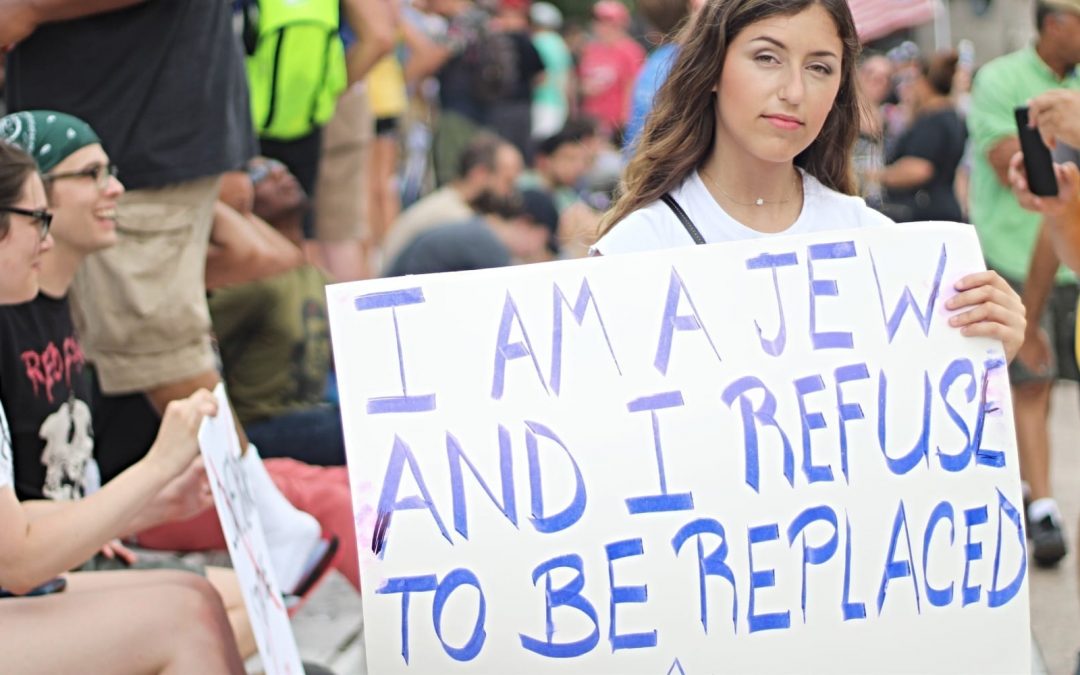Anti-Jewish sentiment is the basis for a majority of the hate crimes with a religious bias each year in the U.S., according to an EthicsDaily.com analysis of FBI data.
Released each year since 1992 (typically in early November for the year prior), the FBI “Hate Crime Statistics” reports detail instances of hate crimes reported to the agency. It’s organized by offenses based on motivation / bias, location, type of crime and other categories.
Of the 1,538 hate crime offenses in 2016 deemed to have a religious bias, 54.2 percent (834) were anti-Jewish, up from 1,354 religious-bias hate crime offenses and 51.3 percent (695) anti-Jewish offenses in 2015.
While the number of anti-Jewish hate crimes has fluctuated year by year, anti-Semitism has been the basis for a majority of hate crimes with a religious bias since 1995 (the oldest FBI data available online).
Here is the data for the remainder of last decade:
- 2014: 635 anti-Jewish hate crime offenses; 58.2 percent of all religious-bias hate crimes.
- 2013: 689 offenses; 59.2 percent.
- 2012: 696 offenses; 59.7 percent.
- 2011: 820 offenses; 62.2 percent.
- 2010: 922 offenses; 65.4 percent.
- 2009: Data not available.
- 2008: 1,055 offenses; 65.7 percent.
- 2007: 1,010 offenses; 68.4 percent.
- 2006: 1,027 offenses; 64.3 percent.
Since 1996, an average of 66.1 percent of all religious-bias hate crimes in the U.S. have had an anti-Jewish bias.
The percentage of hate crimes taking place in a house of worship has remained relatively steady since 1996, with a high of 4.4 percent in 2015 and 2011, and a low of 2.9 percent in 1997.
From 1995 to 2016, an average of 3.9 percent of all annual hate crimes happened in a worship space.
The FBI hate crime data from 1995 to the present is available here. Data was not available for 2009 and 1995 during EthicsDaily.com’s analysis, and the 2017 data has not yet been published.


